
Denver Auto Show highlights new electric vehicles
As the Denver Auto Show kicks off this week, it's clear that electric vehicles have taken the main stage. With dozens of new models from dealers, consumers have more options in 2023 than ever before. From Audi’s compact Q4 e-tron to Ford’s F-150 Lightning pickup truck to Kia’s powerful EV6, the variety of electric vehicles are creating more opportunities for consumers to go electric and shows Colorado is poised to ramp up EV’s on the roads over the next few years.
New models at all price points open up options for consumers
As the Denver Auto Show kicks off this week, it’s clear that electric vehicles have taken the main stage. With dozens of new models from dealers, consumers have more options in 2023 than ever before. From Audi’s compact Q4 e-tron to Ford’s F-150 Lightning pickup truck to Kia’s powerful EV6, the variety of electric vehicles are creating more opportunities than ever before for consumers in Colorado to go electric.
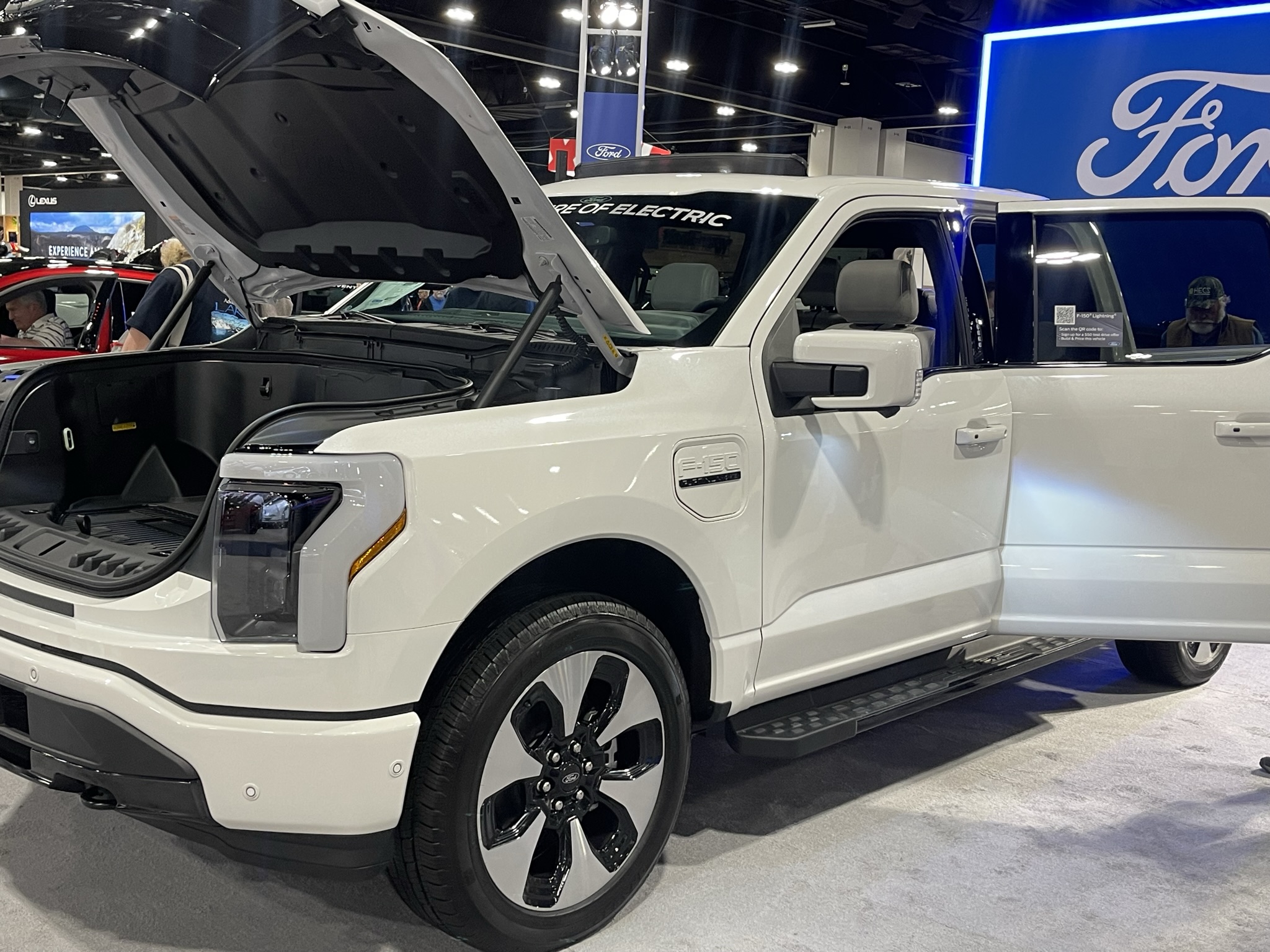
The transition to electrified transportation is a critical strategy for reducing air pollution in Colorado, and electric vehicles are a large piece of that pie. Air quality continues to be one of the biggest challenges facing Colorado residents, especially those along the Front Range who are living or working in one of the non-attainment areas with higher levels of ozone and particle pollution. In fact, both Jefferson and Douglas counties rank in the top 25 most polluted counties nationally for ozone, and Denver-Aurora was the 7th most polluted city nationally for ozone.
Ozone has various negative health impacts including inflaming and damaging airways and making the lungs more susceptible to infection, as well as causing coughing, wheezing, and shortness of breath. Children are especially at risk because their lungs are still developing and they tend to be more active outdoors, which increases exposure.
The transportation sector is also the second largest source of greenhouse gas emissions in the state, exacerbating climate change, rising temperatures, wildfires and more extreme weather.

In response to these challenges, leaders in Colorado have helped pave the way to transition to a 100% electric transportation system – and the journey is well underway.
In the state’s recently released 2023 Electric Vehicle Plan, the state sets a new goal of having 2.1 million electric vehicles on the road by 2035, a bold step forward from the previous goal of 940,000 by 2030. In 2023, Colorado is 1st in the region and 5th in the country in EV market share for new vehicle sales.
Recent legislation like last year’s SB22-193 funded $65 million to help school districts purchase electric school buses, putting Colorado on the map nationally as a leader in electric school bus funding. This year, the state legislature is considering HB23-1272 which would provide a state tax credit up to $5,000 for electric vehicles as well as an $800 statewide tax credit towards electric bicycles.
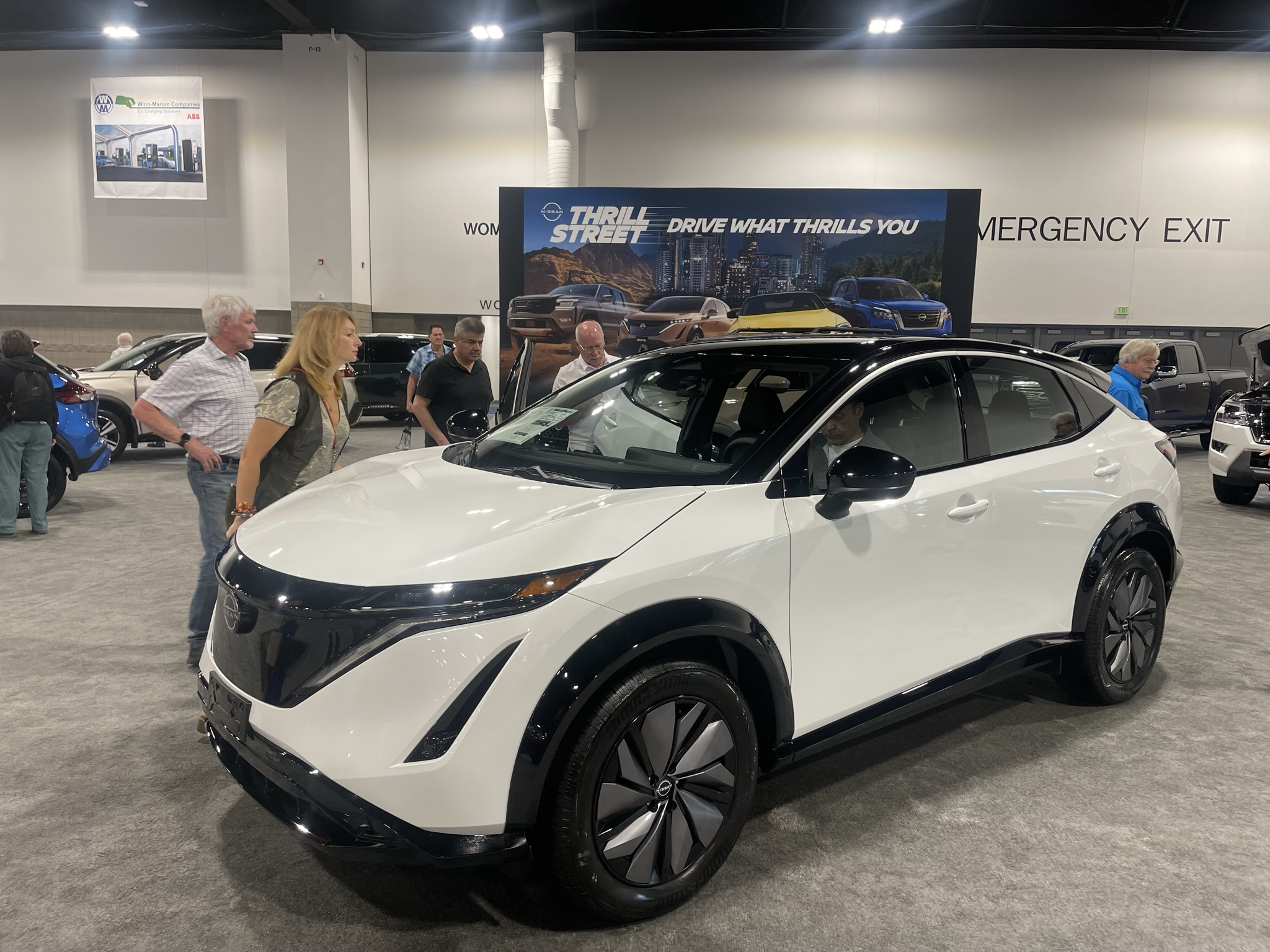
This year’s auto show only underscores the acceleration of this transition, especially as consumers grow weary of volatile prices at the gas pump. The new range of models is making it easier than ever for consumers to find the electric car of their dreams and move Colorado towards a 100% electrified transportation future.
Topics
Authors
Alexandra Simon
Public Health Advocate, CoPIRG Foundation
Alex is an advocate on Colorado-based campaigns to promote a healthier, cleaner and safer world. She previously served as the Director of Strategic Planning for The Public Interest Network. Alex lives in Denver, where she enjoys hiking, skiing and seeing live music.
Find Out More
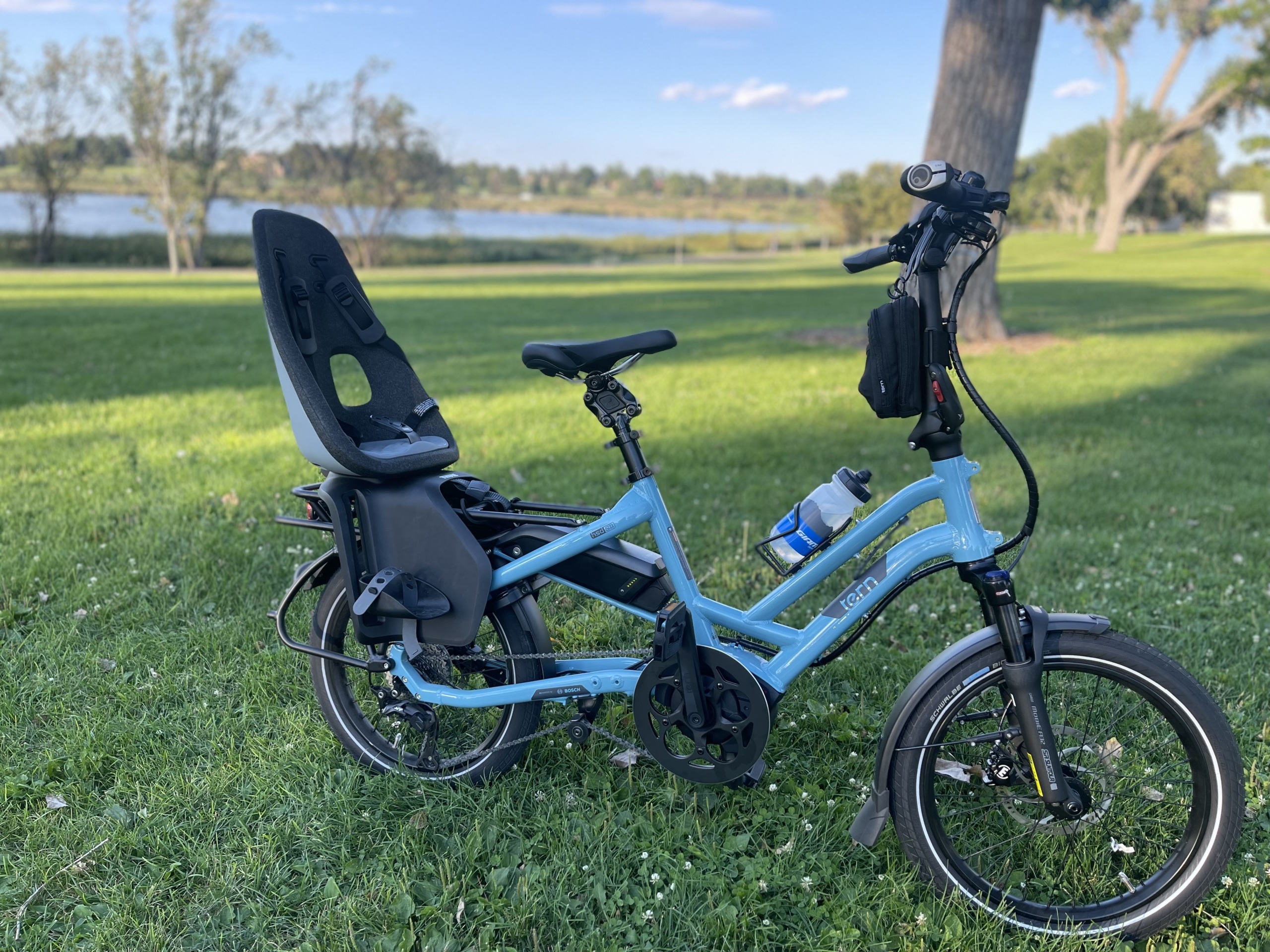
How to get the Colorado state e-bike tax credit
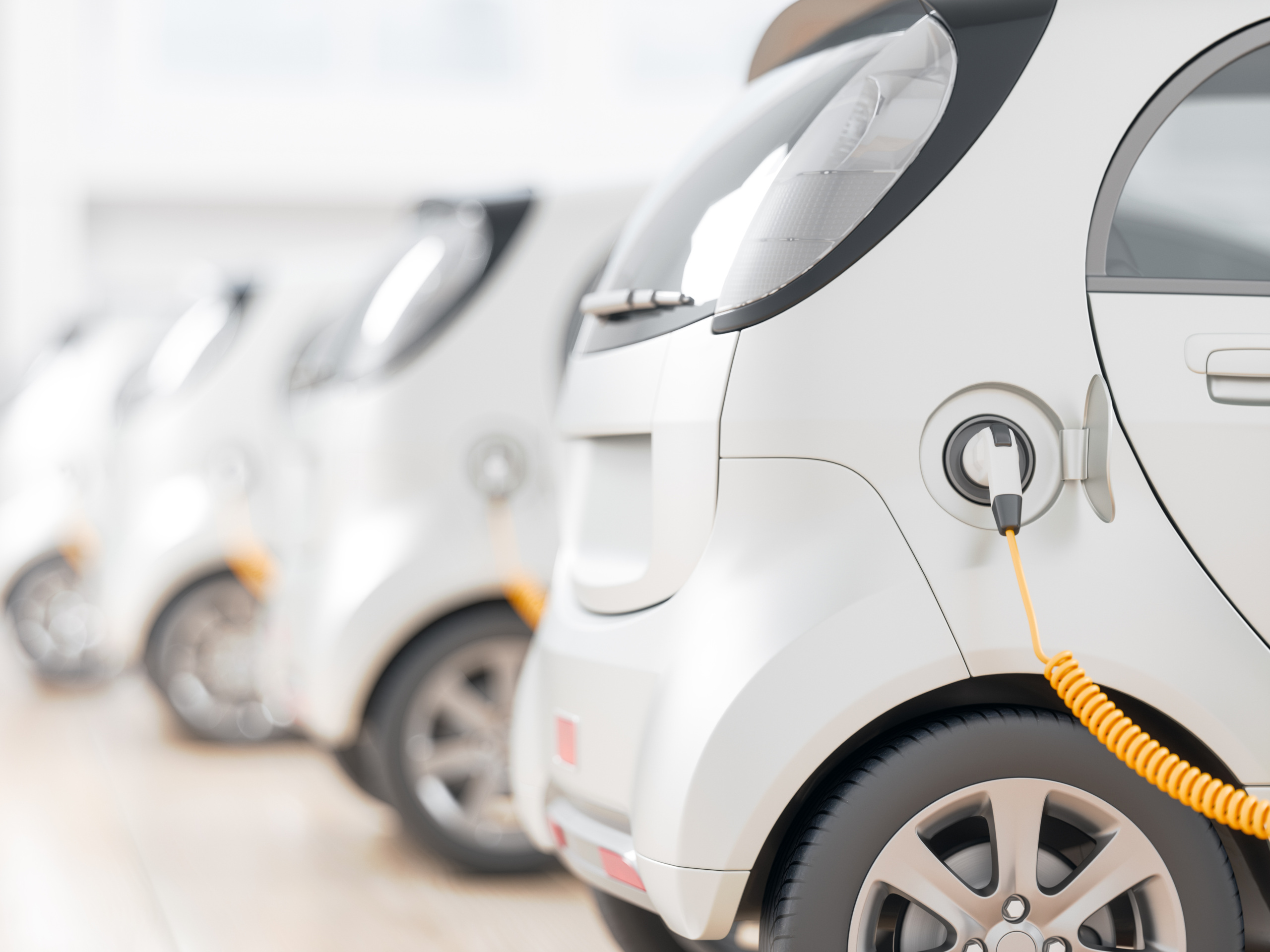
Electric vehicle tax credits, discounts, and rebates in Colorado
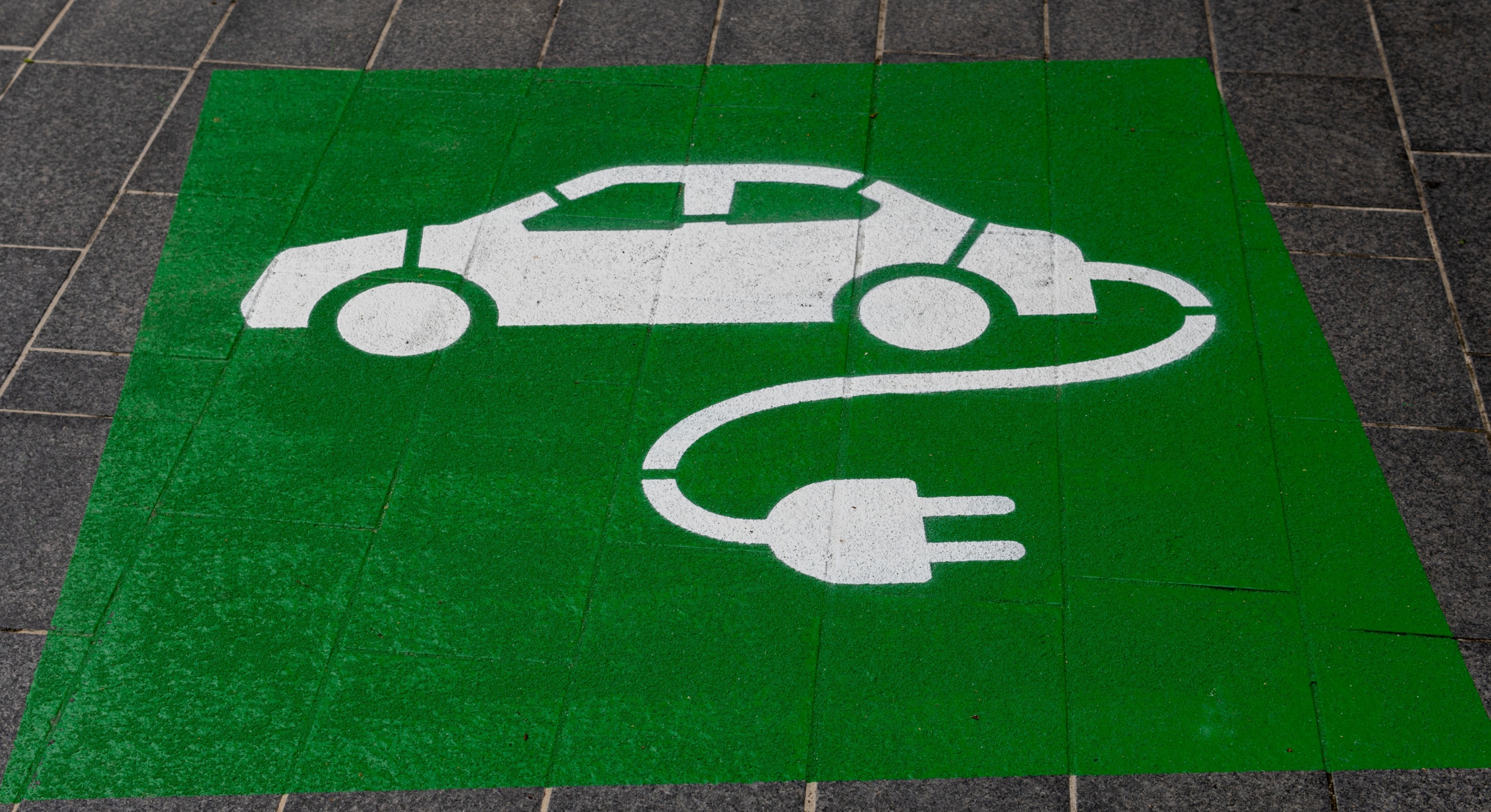
Ten key electric vehicle policies on the road to 100,000

